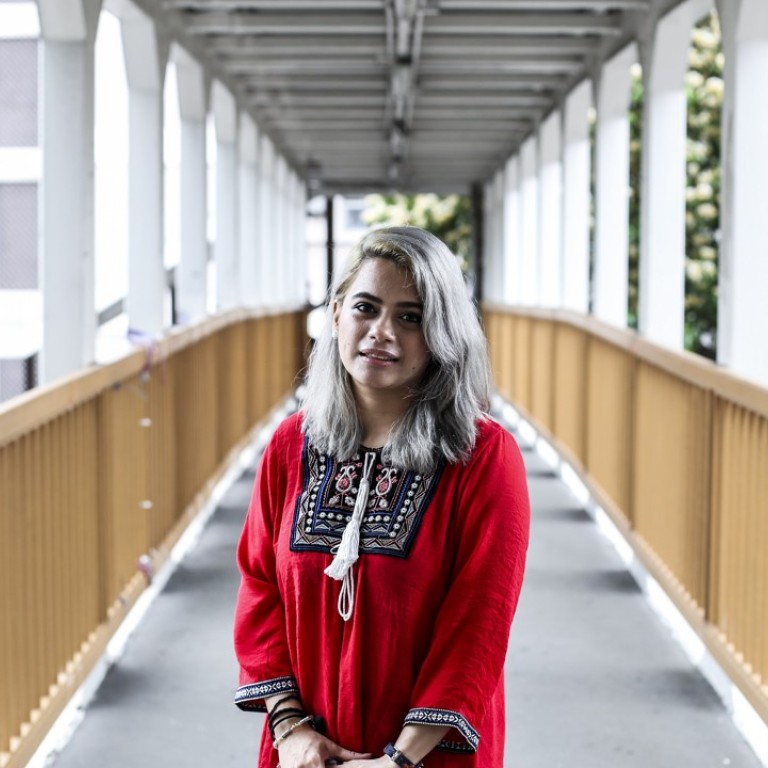
As Hong Kong struggles to find its place as part of China, so too do its many ethnic minorities
City’s non-ethnic-Chinese residents battle discrimination and language barrier, and say their contributions to the community have been largely ignored
The streets were filled with banners calling for universal suffrage and tear gas was still fresh in the memories – and skin – of many who joined the Occupy movement in Admiralty. It was amid such chaos, in 2014, that Ansah Majeed Malik was embraced by the city of her birth.
“The ‘umbrella movement’ was very special. Some friends and I were there every day. We wanted to say: ‘We stand by you, Hong Kong,’” says Malik, 32, of Pakistani heritage.
“There were children and others who came and hugged us, saying: ‘We also know you are a Hongkonger too.’ I started crying. It was the first time I had felt such acceptance,” Malik, a Caritas welfare worker, says.
Twenty years on from the handover, those from ethnic minority backgrounds feel their contributions have been largely ignored, as they face the difficulties of daily life. The Chinese language and finding a job top their concerns.
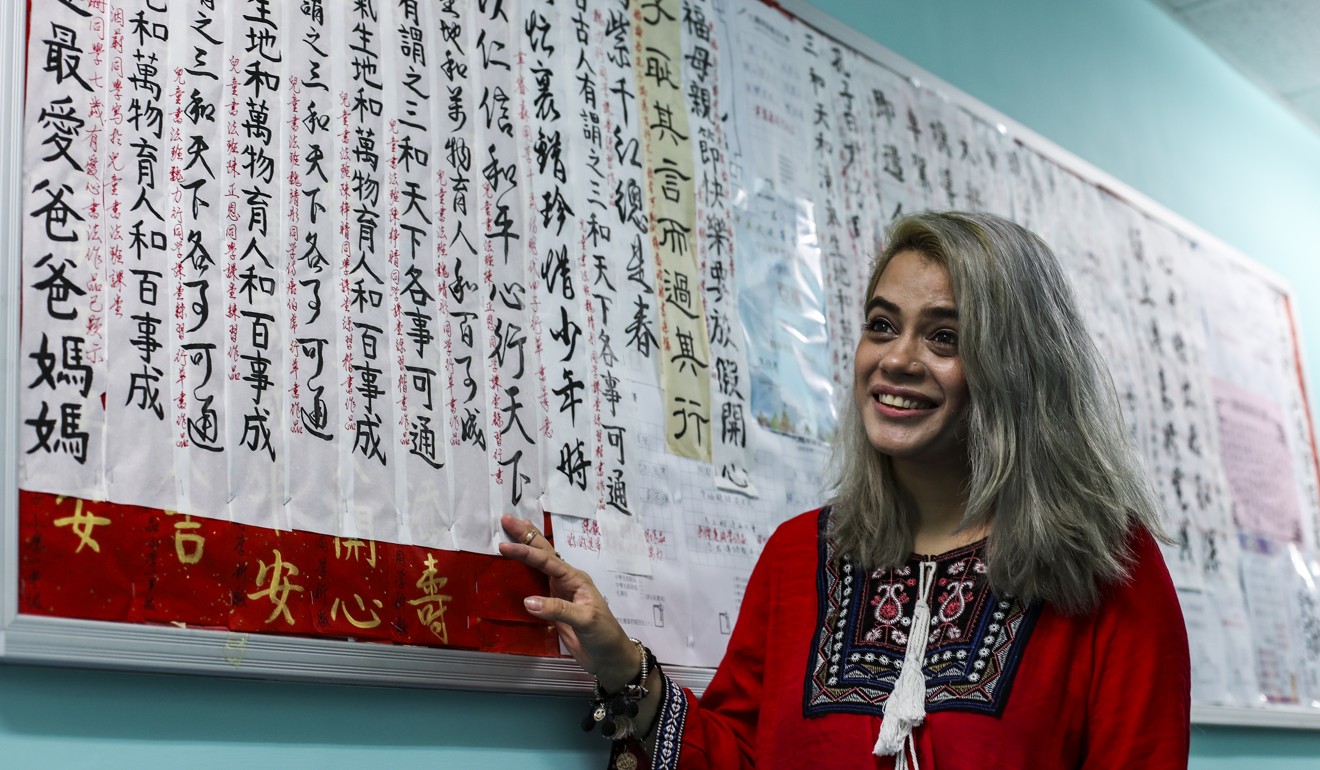
Malik, who attended English-medium schools, fought for nearly four years to be accepted by a university in the city. They required entrance exams in English and Chinese.
In 2010, Malik went to study social work at the Caritas Institute of Higher Education.
Reflecting on the handover, she says: “Before, employment opportunities were higher. After, because many industries moved from Hong Kong, jobs also went. Discrimination in the job market also increased.”
According to the 2016 Population By-census of the Census and Statistics Department, ethnic minorities made up 8 per cent of the population.
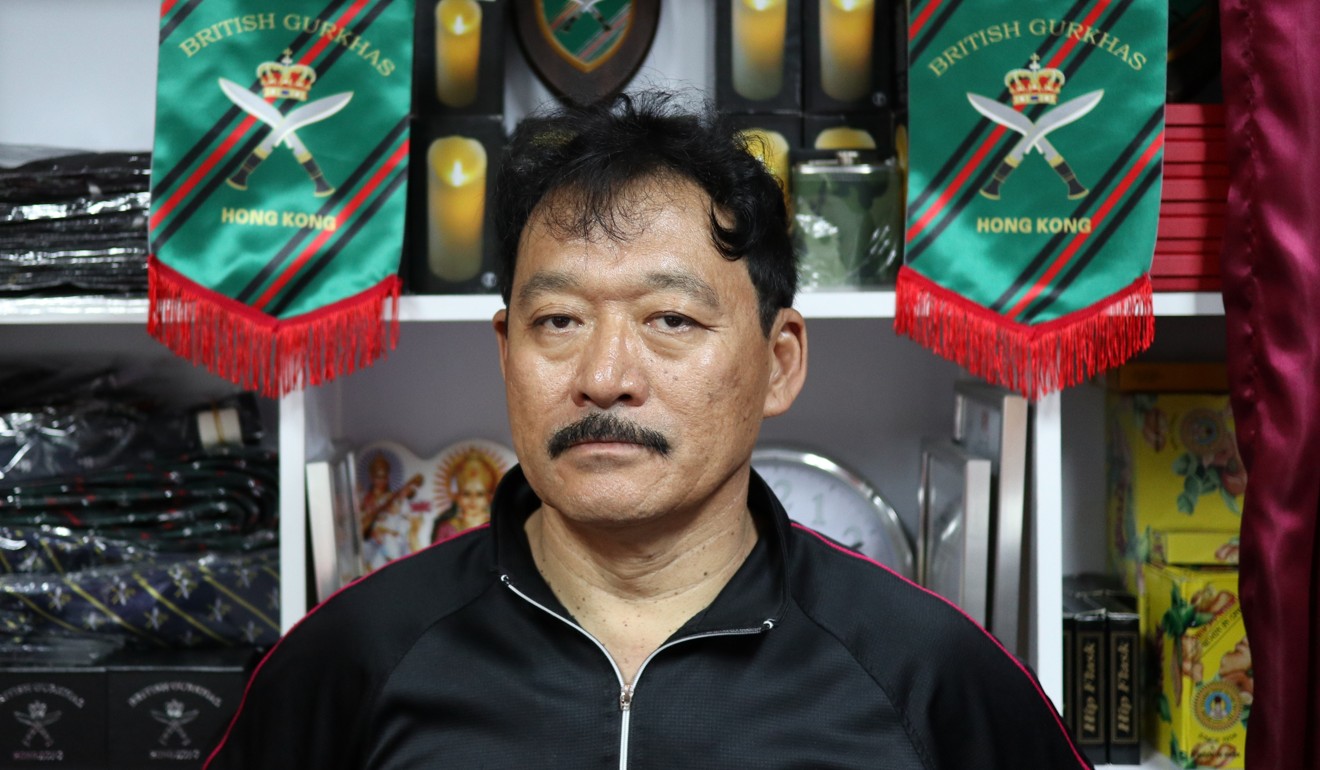
A study on poverty among ethnic minorities published in 2015 showed that “more than 60 per cent of Pakistani, Nepali, Thai and Indonesian employed persons earned less than the overall median, given their lower educational attainment and higher proportions of lower-skilled workers”.
Former Gurkha soldiers – Nepalis who served in the British military – Kharka Prasad Rai, 55, and Hempratap Gurung, 57, were posted to the then colony in 1980 and 1982, respectively.
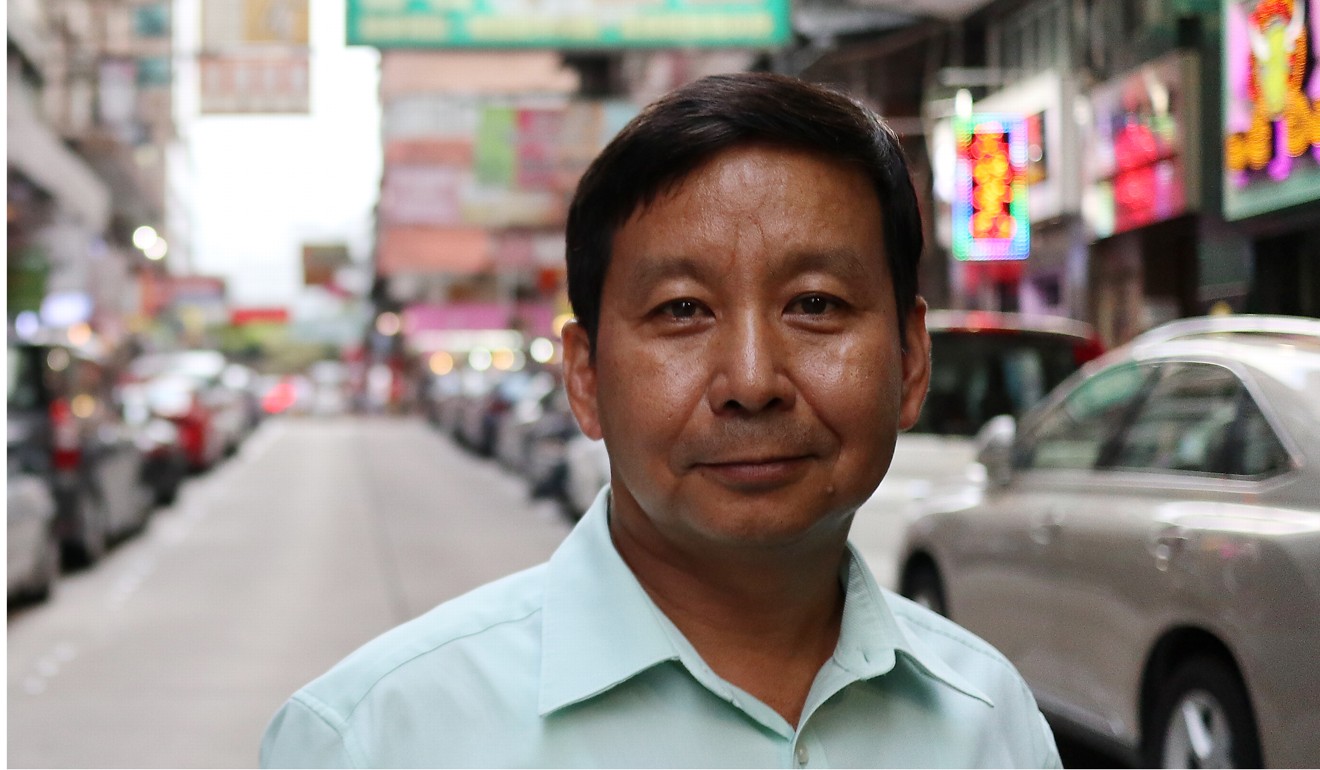
Like many others, they stayed on after the handover, despite their inability to speak Cantonese, and are now both contractors in the security sector where language requirements are not so stringent and they can put their military skills to use.
Hong Kong-born Herdip Kaur, 38, an Indian kindergarten teacher fluent in English, Punjabi and Cantonese, says her hopes of becoming a nurse were dashed because she lacked Chinese reading and writing skills. To ensure the same would not happen to her two children, she put them in a local kindergarten. At first, it was unsure about accepting her daughter, whose first language was not Cantonese, but Kaur asked for her to be given a chance. Today, the 11 year old is fluent in written and spoken Chinese.
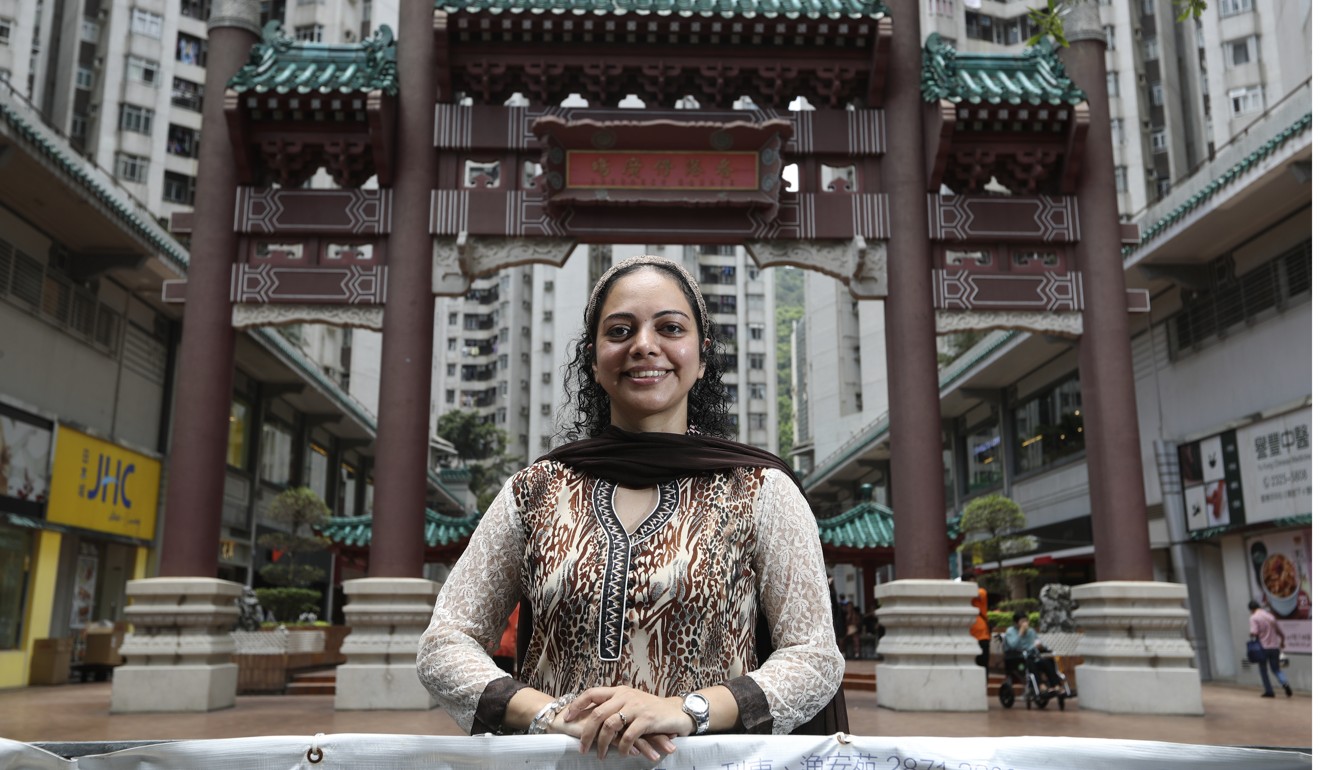
Like Kaur, Carol Xuan, from Vietnam, is also making sure her two daughters, aged six and eight, are fluent in both Chinese and English. Xuan, 39, is a former “boat person” who arrived here at the age of 10. By 1997, she had been in at least four refugee camps, where she was exposed to “intimidation, violence and sexual harassment”.
Xuan, who got her identity card in May 2000, took jobs in construction and cleaning until working as an interpreter and clerk at a law firm. She is now at Daly & Associates, dealing with immigration and family cases.
She is still in touch with former Vietnamese refugees, who also sought asylum here. Many of them are struggling.
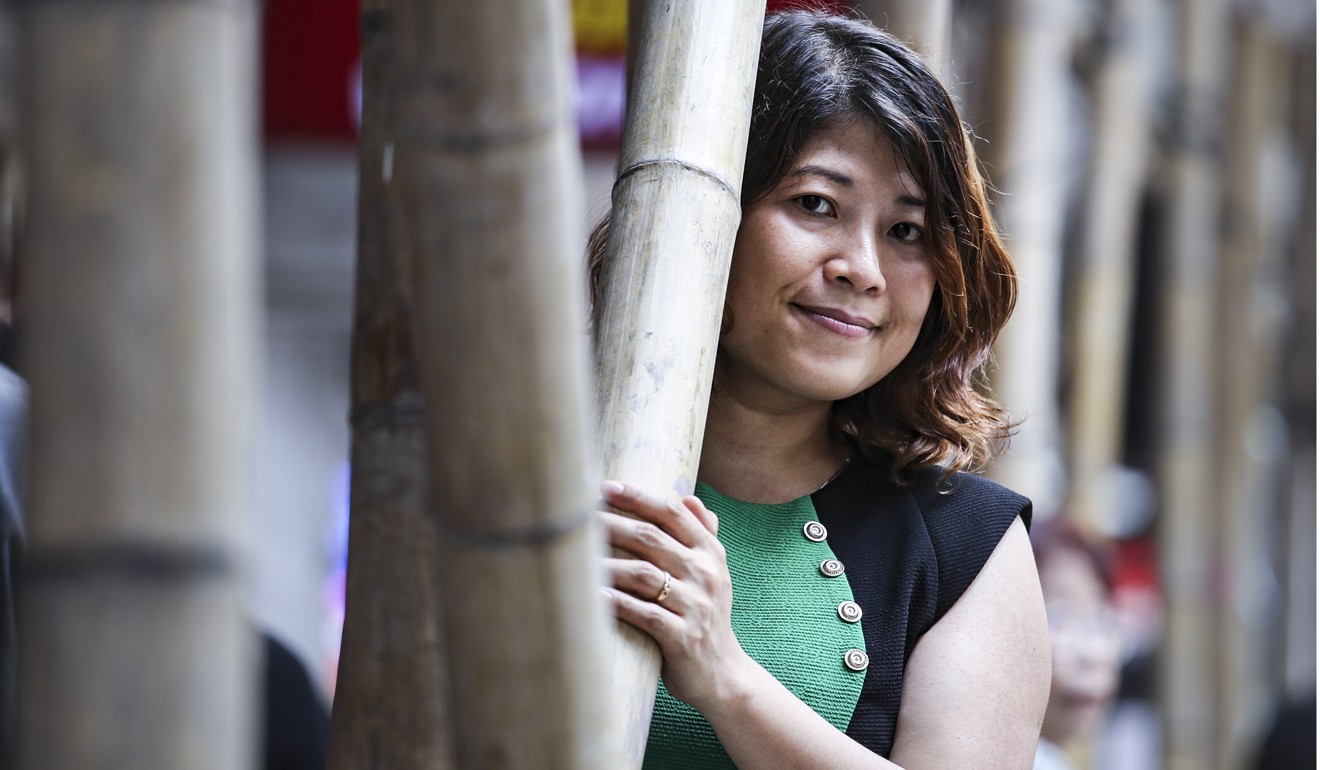
Xuan says there are fewer opportunities for her community to receive information, noting that many programmes on TVB Pearl are in Putonghua. Some government websites, like that of the Education Department, have advice in other languages, but not Vietnamese.
She believes such exclusions could be down to ethnic minorities having little say in city politics. As for the future, Xuan fears most for the independence of the legal system and freedom of expression.
“I hope that there will be no more interpretations [of the Basic Law] by the central government and Hong Kong remains unchanged until 2047, so my daughters may continue to enjoy the many freedoms and rights we have,” she says.


